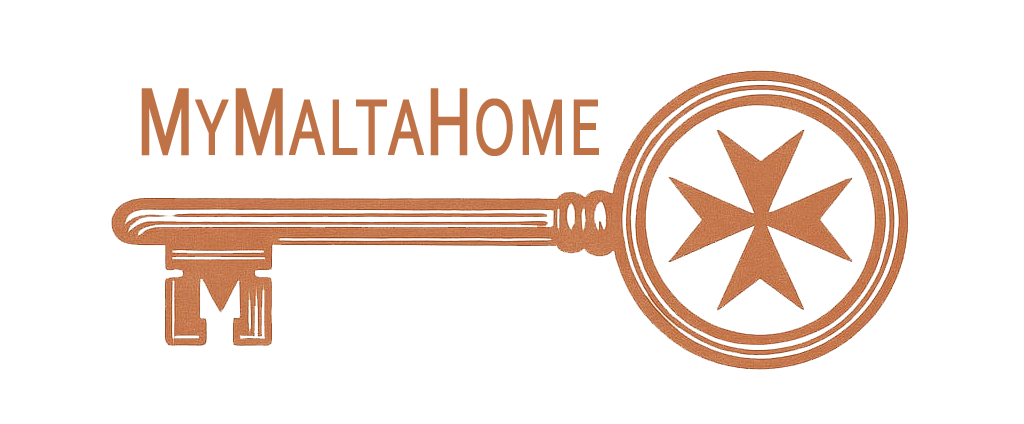What You Need to Rent a Property
For EU/EEA/Swiss Nationals
If you are from the EU, EEA, or Switzerland, renting is straightforward. You usually need:
- A valid passport or ID card
- Proof of employment or financial means (sometimes requested)
- One month’s rent as a deposit
- The first month’s rent upfront
For Third-Country Nationals (Non-EU)
If you are from outside the EU/EEA, the process is similar but landlords may request additional documents such as:
- A valid passport
- A work permit or residence permit
- Proof of income or employment contract
Some landlords prefer EU tenants because of simpler paperwork, but with the right documentation, third-country nationals can rent without difficulty.
Registering the Rental Agreement
Since 2020, all rental agreements in Malta must be registered with the Housing Authority. This applies to both short and long lets. Registration protects both the landlord and the tenant. It ensures that:
- The agreement is legally binding
- Rent increases follow the rules
- Tenants cannot be evicted unfairly
Tenants should always check that their agreement has been registered. You can request proof from the landlord or verify directly with the Housing Authority.
Documents You’ll Receive
A proper rental contract should include:
- The address of the property
- Rent amount and payment terms
- Deposit conditions
- Duration of the lease
- Any additional charges (utilities, maintenance, etc.)
Always ask for a signed copy of the contract and keep records of payments.
Typical Rental Costs in Malta
Rental prices vary depending on location and property type. As a rough guide:
- One-bedroom apartment: €700 – €1,200 per month (higher in Sliema, St. Julian’s, and Valletta)
- Two-bedroom apartment: €900 – €1,500 per month
- Townhouses or villas: €1,500 – €3,000+ per month depending on size and location
- Gozo is usually cheaper, with one-bedroom apartments starting from €500.
Most landlords require:
- 1 month’s deposit (refundable if no damage)
- 1 month’s rent in advance
Agency fees, are normally half of one month’s rent plus VAT, paid by both landlord and tenant.
Do’s and Don’ts When Renting in Malta
✅ Do’s
- Check that the contract is registered with the Housing Authority.
- Ask for receipts when paying rent or deposit.
- Read the contract carefully, especially clauses about termination and deposit refunds.
- Take photos of the property when moving in.
❌ Don’ts
- Don’t pay cash without a receipt.
- Don’t agree to an “informal” rental without a contract.
- Don’t ignore utility bills—ensure they are in your name if you stay long term.
- Don’t assume deposits are automatically returned; clarify the process.
Other Things to Keep in Mind
- Utilities: Electricity and water are billed separately. Costs vary depending on usage. Tenants often pay directly to ARMS (the billing company).
- Internet & TV: Packages cost around €30–€50 per month.
- Pets: Some landlords don’t accept pets. Always confirm in advance.
- Furnishing: Many apartments come fully furnished, but always check what’s included.
Why Rent in Malta?
Renting gives you flexibility while enjoying Malta’s unique lifestyle. You can live close to the sea, in historic city centres, or in quiet villages. For some, it’s a stepping stone before buying property.
And when you’re ready to start searching, MyMaltaHome.com makes it easy. Our platform brings together listings from Malta’s top estate agencies in one place. You can browse rentals, click the heart icon to build your shortlist, and save or share your favourites.
For more background on the islands, see our guide: About Malta
